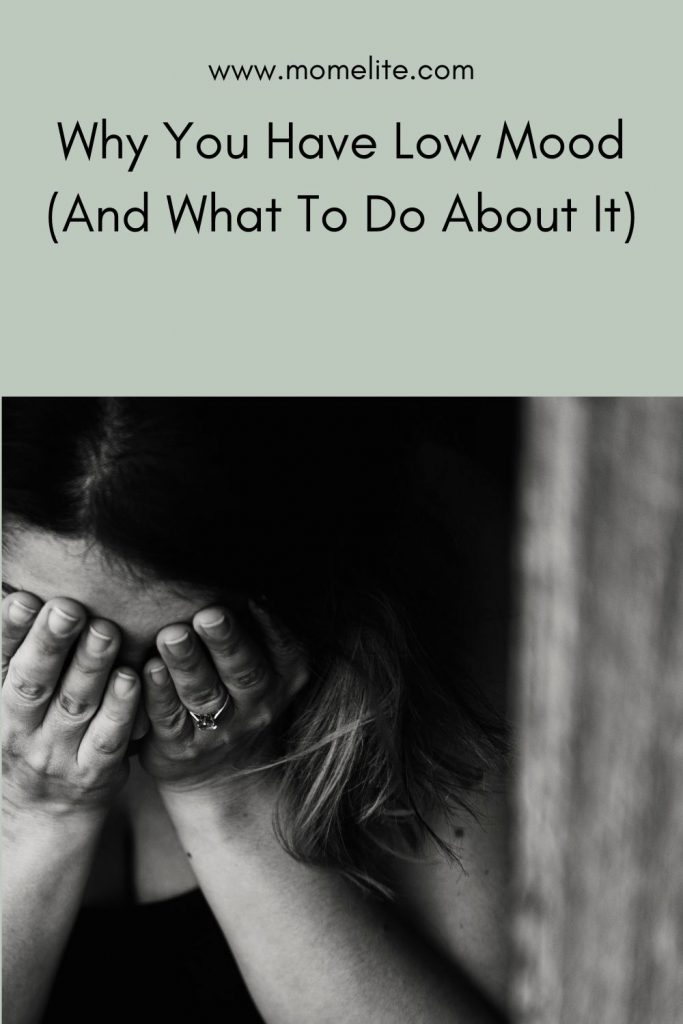If you often feel down or unhappy, you’re not alone. According to a recent survey, around 70 of people report experiencing low mood at some point during the week, often without much of an explanation for why.
Situations like this are leading to a rise in TMS therapy for depression. People would generally prefer to avoid medications if they can, but they also want to feel better.
In this post, we take a look at why you’re experiencing low moods, and what you can do about it.
Why You’re Experiencing Low Mood
Low mood, also sometimes called depression, happens to most people in our society. Feeling like you don’t want to do much or that you can’t really engage in life is a common experience.
The reason you’re experiencing low mood usually comes back to the mind. As a human being, you’re not naturally miserable. Instead, you should be like any other creature, going about life in your unique way.
Low mood is usually the result of thinking in terms of time, instead of being present in the moment. For instance, many people experience low moods when they think about the past. They might, for instance, remember a negative experience from their childhood and then feel depressed about it. Or they might worry about what a colleague said to them at work yesterday, and feel angry.
Low mood can also result from thinking about the future. When the mind fixates on hope or fear about what is to come, it produces all manner of negative feelings and pain. For instance, if you don’t have a partner in life, you may wonder how and when you will even get one. You might even tell yourself that you’re not worthy of love.
You might also worry about your finances. What if you don’t have enough money in the future to do the things that you want to do?
Low mood generally results from too much thinking. It’s a habit of constantly scanning the environment for problems and then indulging in them. Usually, if you experience low mood, you can trace it to a specific thought or emotion. Rarely does it come out of nowhere.
Even if it does come from nowhere, it usually means that there is something unconscious going on that you need to make conscious. Generally, you can deal with this by being more open about your impulses and desires. When they come to the surface, it makes them much easier to deal with.
What To Do About Low Mood
The trick to dealing with low mood is to remain firmly anchored in the present. The more you can focus on the here and now, the less power your mind will have over you.
Imagine if you could spend a day without your brain coming up with any negative thoughts. How do you think you would feel?
If you could do it, you would likely feel joyful, like most other life on this planet. The key is to break your mind’s hold over your wellbeing by observing it and then allowing negative thoughts to pass. Over time, you’ll feel like your mind has less influence over you, and that it is more manageable.
